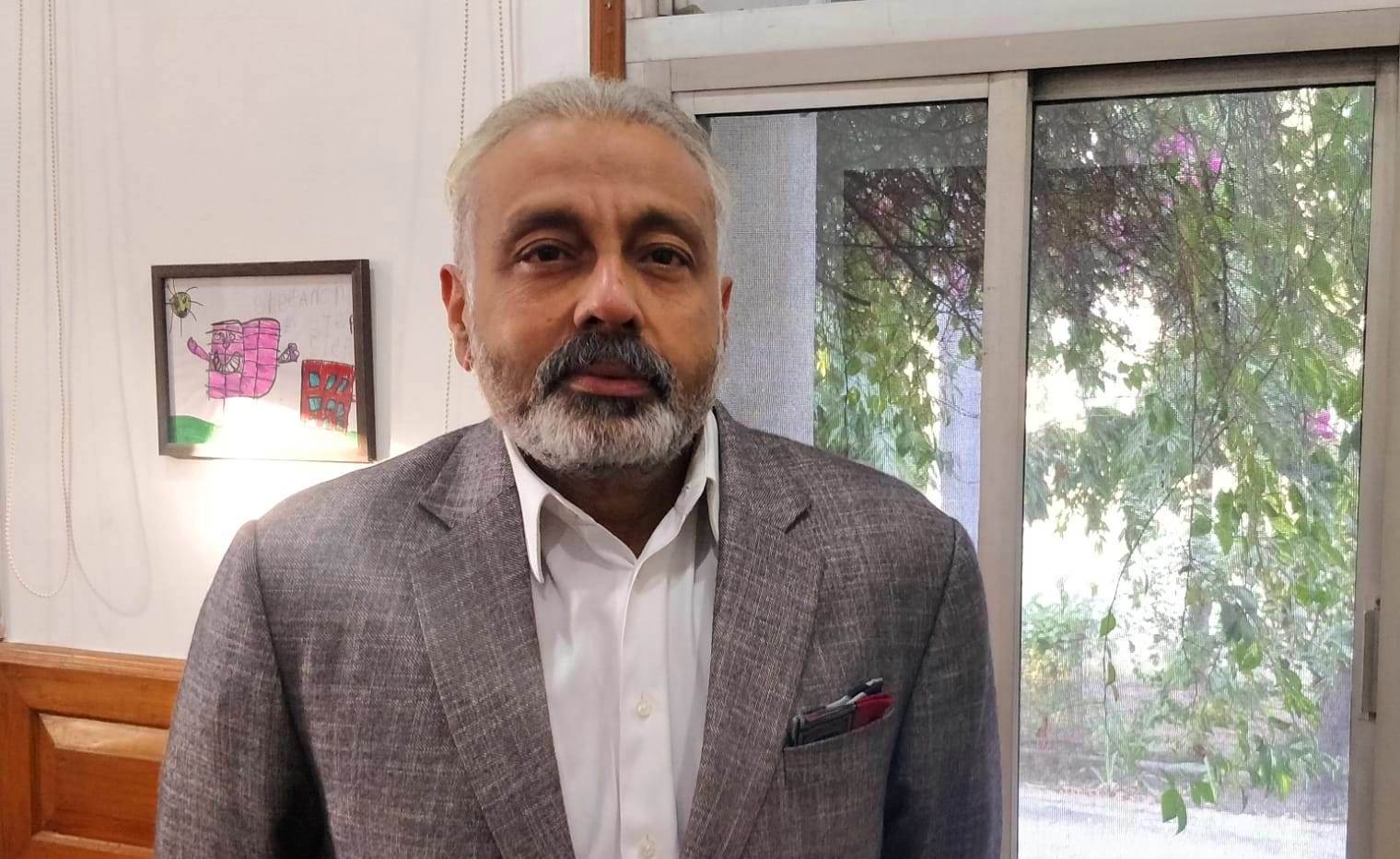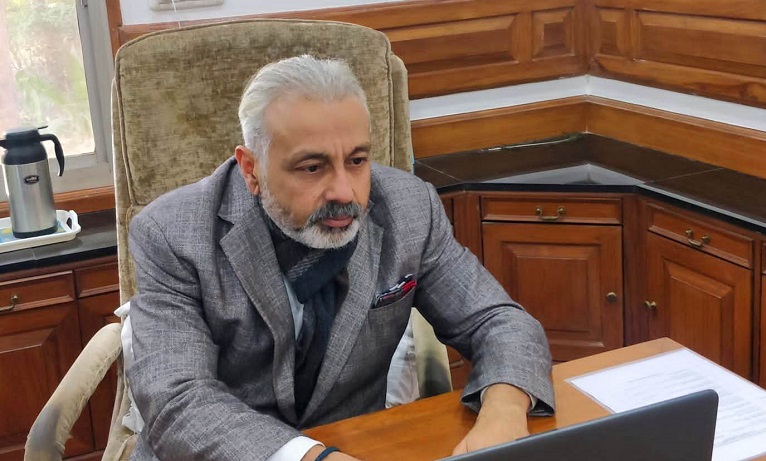Mainstreaming Public-private Partnership in education
India has one of the world’s largest and fastest-growing economies. Even as we make such economic progress, there is still a segment of the population that lacks basic necessities. For example they do not receive adequate nutrition. The majority of these deprived are children, the country’s future.
Recently in a conversation with Anoop Bishnoi, educationist, philanthropist and entrepreneur; he expressed his concern by saying, “Children’s education is the key to development. Despite the RTE, 1.4 million children aged six to eleven are not attending school in India. This is due to a variety of factors such as a lack of implementation by government agencies, poor educational quality leading to dropouts, a lack of teachers or, in some cases, regressive societal norms, or simply a lack of awareness. Private schools that reserve 25% of their seats for underprivileged students face an additional quandary; RTE does not cover additional expenses such as uniforms, transportation, midday meals, and so on.
Furthermore, RTE does not place emphasis on
education for children aged 15 to 18. Automatic progression to the next class
takes away the incentive for students to perform well. Even if they do well,
the gap between the levels of learning that children receive and those that
they, their communities, and entire economies require creates a learning
crisis.
Cognitive ability, creativity, logical
reasoning, and problem sensitivity will be increasingly required for future
jobs. Skill development is a shared responsibility of key stakeholders,
including the government, and it must begin at a young age. Governments should
allow a variety of providers to enter the market because this increases client
power and allows parents to make informed decisions about where to send their
children. Empowering parents, students, and communities means that parents are
aware of their childrens’ learning, or lack thereof. They should also have the
ability to use their voice to hold the school and government accountable,
regardless of socioeconomic status.”
The pandemic has highlighted the importance
of reconsidering how we provide education. The only way to create a better,
more effective system in the future is to focus on combining the strengths of
the public and private sectors. Using the synergies between the two sectors
will allow us to provide quality foundational education to every citizen.




Comments
Post a Comment